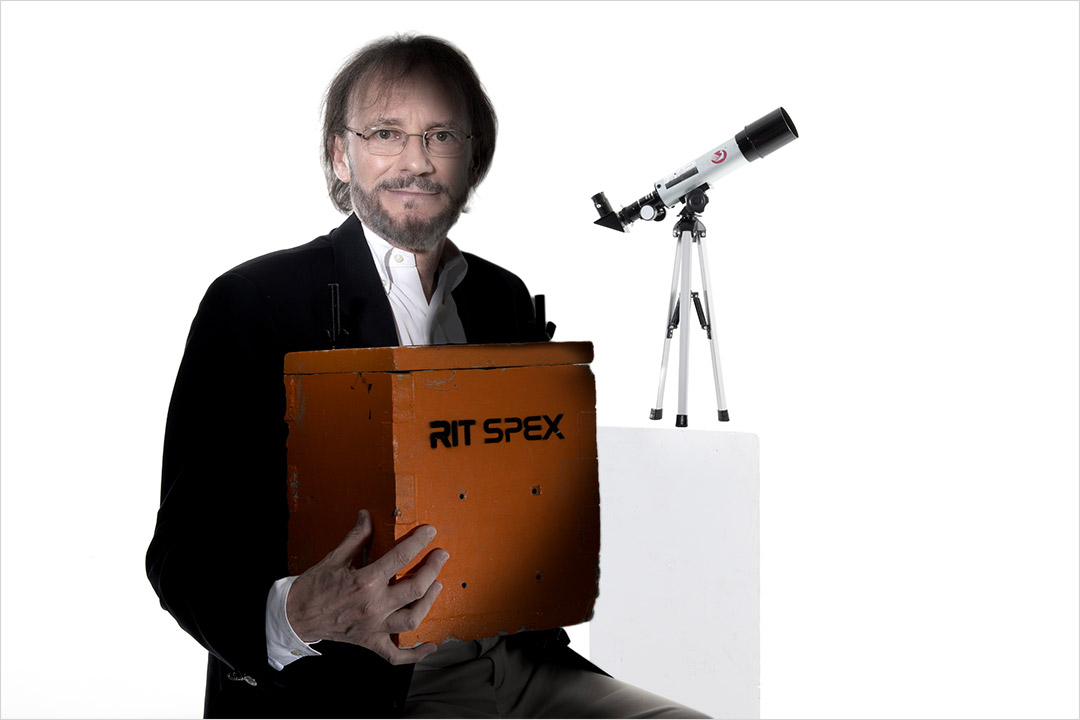Professor Michael Barbosu to spend fall in Romania researching and teaching mathematical modeling
Carlos Ortiz
Professor Michael Barbosu earned a prestigious Fulbright U.S. Scholar Award to research and teach about ways machine learning-enhanced mathematical models can be applied in earth and space sciences.
A professor from RIT’s School of Mathematical Sciences will spend the fall in Romania exploring how mathematical modeling can be used to help with everything from predicting landslides to predicting the trajectory of satellites.
Professor Michael Barbosu, director of RIT’s Data and Predictive Analytics Center, earned a prestigious Fulbright U.S. Scholar Award to research and teach about ways machine learning-enhanced mathematical models can be applied in earth and space sciences.
Meet the other Fulbright Scholars
Biomedical engineering graduate Maggie Brooks sets sail for UK as Fulbright Scholar
Graduate Sophia Williams wins Fulbright award to pursue graduate education abroad
Professor Brian Tomaszewski uses spatial data science to help Ukrainian refugee crisis in Poland
The experience will return Barbosu to his country of origin and the place where he received his BS in mathematics—Babes-Bolyai University in Cluj-Napoca, Romania. Barbosu said he is excited to conduct both teaching and research activities while abroad.
“Mathematical modeling has so many incredible applications and directions you can take it,” said Barbosu. “My career has taken a unique, nonlinear path across the globe, and I look forward to sharing my expertise and experiences with students and faculty in Romania.”
The first of Barbosu’s research focuses on what he calls his “first love” of space dynamics and artificial satellites. Using optical observations as a starting point, he will develop a mathematical model that will be able to help track space debris and low Earth Orbit satellites.
The second component of his research will focus on developing a mathematical model that can analyze the stability of slopes and map areas that are susceptible to landslides. It will build on a previous model he made and he will be able to make field observations at several sites in Romania to refine the model.
While abroad, Barbosu will teach a course in astrodynamics. Barbosu founded and leads RIT’s student-faculty Space Exploration Group (SPEX), which develops projects like Mars rovers, CubeSat experiments, and high altitude balloon launches. He hopes to help his astrodynamics students start a Romanian SPEX chapter.
Lastly, Barbosu will offer a short seminar for Romanian faculty and administrators to share his lessons on curriculum development and his experience managing math departments.
Upon returning to the U.S., Barbosu will present about his Fulbright experience at a workshop by the Mathematical Association of America.
